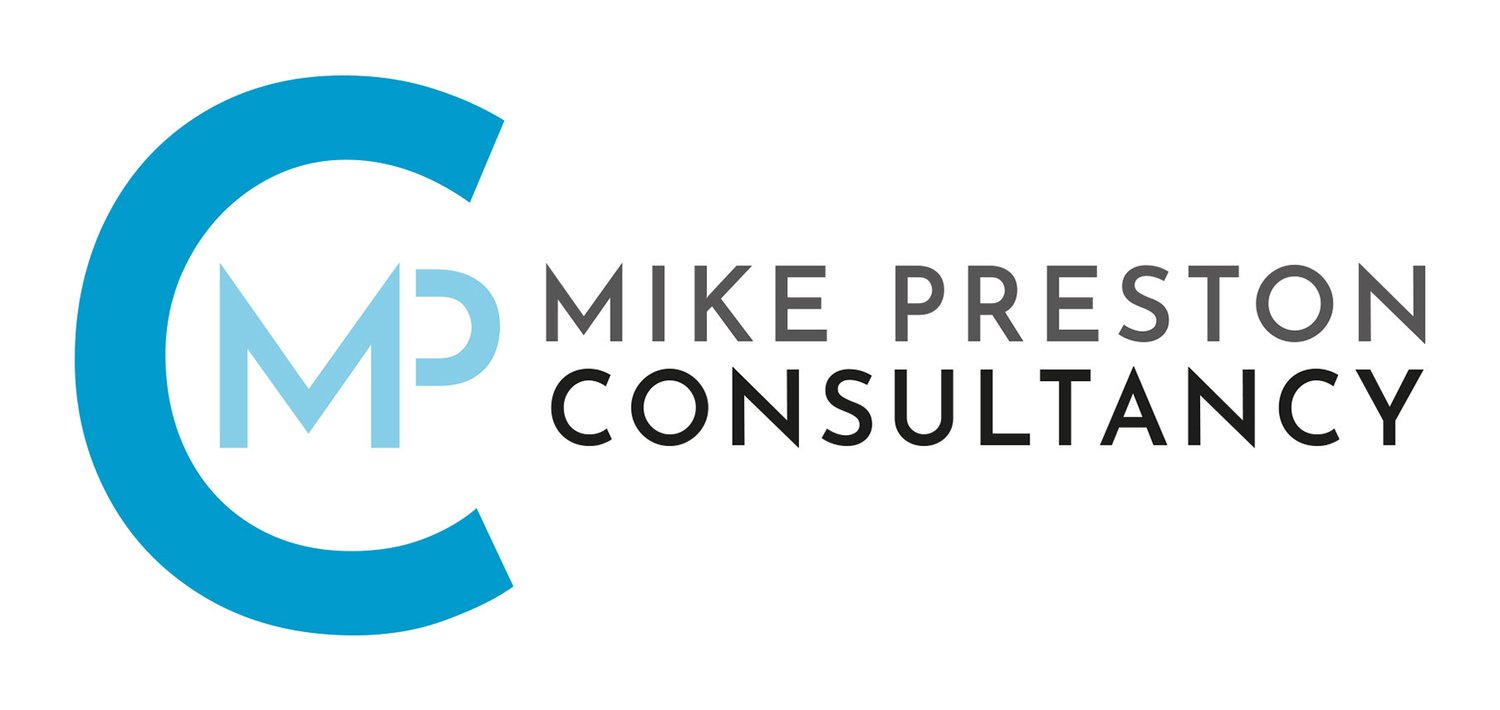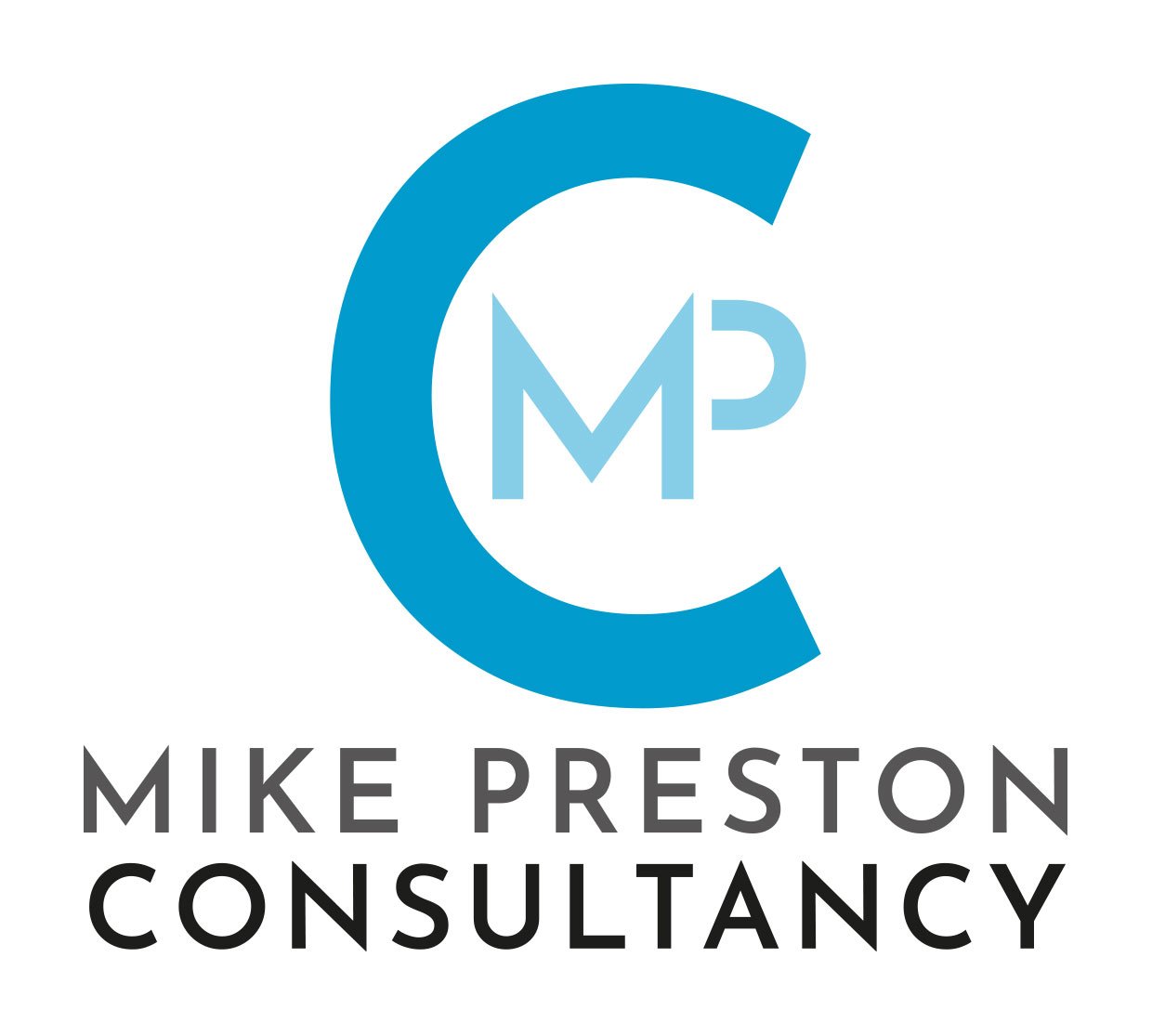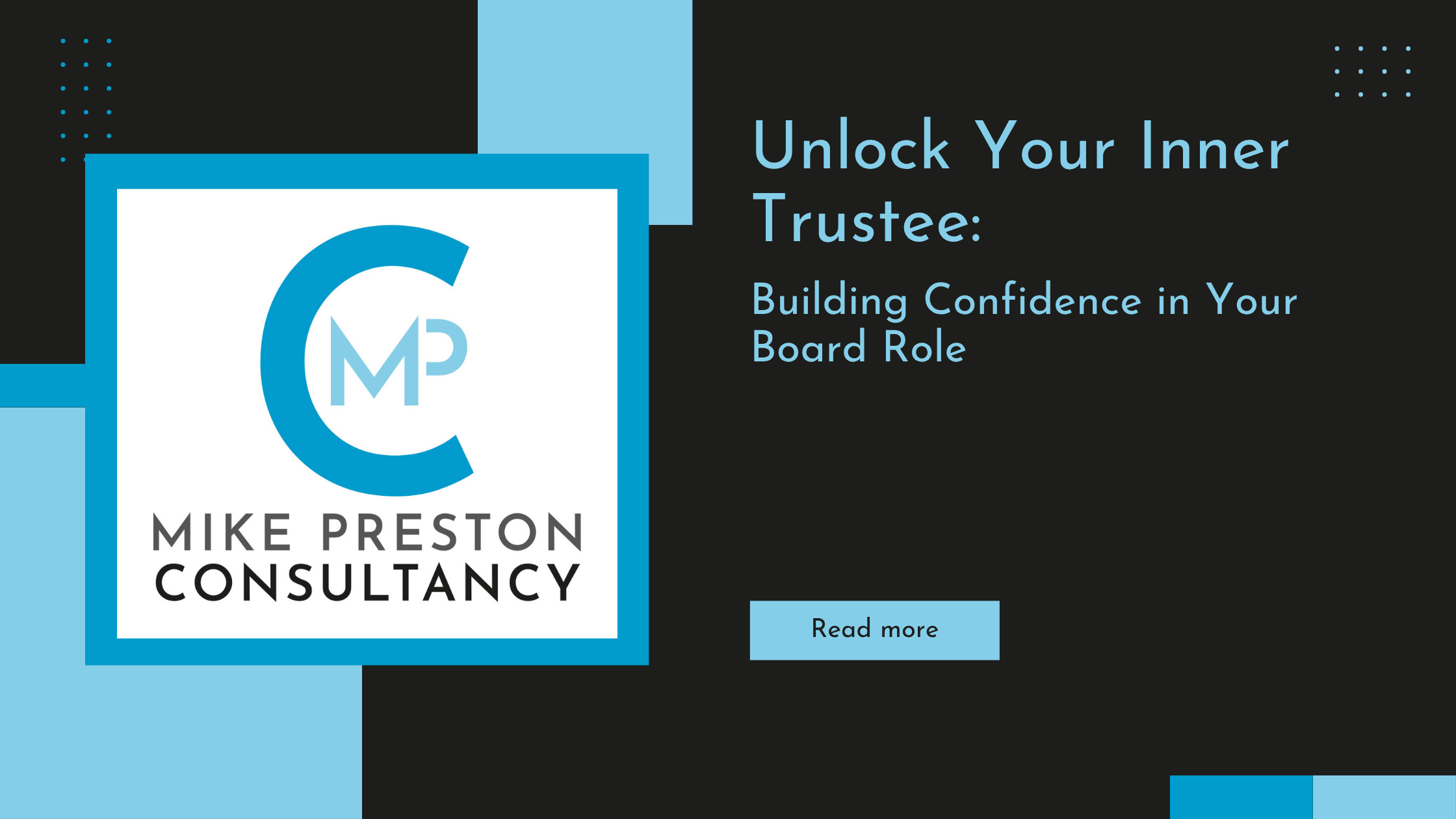Unlock Your Inner Trustee: Building Confidence in Your Board Role
Stepping into the role of a trustee or board member is an act of significant commitment. You've offered your time, skills, and passion to guide an organisation towards its mission. But let's be honest, alongside the excitement can sometimes creep in a little voice of doubt: Am I doing this right? Do I really understand everything?
That little voice is perfectly normal. Building confidence in your trustee role isn't about pretending to know everything from day one; it's about a journey of learning, engagement, and self-awareness. This blog is your guide to navigating that journey and embracing your power to contribute effectively.
Know Your Foundations: Essential Charity Commission Resources
The Charity Commission for England and Wales (or the relevant regulatory body in your region) provides a wealth of information to help trustees understand their responsibilities. Familiarising yourself with these resources is a crucial first step in building confidence. Make sure you've explored:
The Essential Trustee: What you need to know, what you need to do (CC3): This is your go-to guide, covering the six main duties of a trustee. Understanding these duties inside and out will provide a solid framework for your actions. - https://www.gov.uk/government/publications/the-essential-trustee-what-you-need-to-know-cc3
Finding and running a charity: This section of the Charity Commission website offers practical advice on various aspects of charity governance, from setting up to managing finances and reporting. - https://www.gov.uk/set-up-a-charity
Guidance on specific topics: The Charity Commission offers detailed guidance on areas like safeguarding, conflicts of interest, and financial management. Dive into the topics most relevant to your role and the charity's work. - https://www.gov.uk/search/guidance-and-regulation?organisations[]=charity-commission&parent=charity-commission
Charity Governance Code: While not legally binding, the Code provides a framework of best practice for good charity governance. Understanding its principles can significantly boost your confidence in contributing effectively. - https://www.charitygovernancecode.org/en/front-page
Taking Stock: The Power of Self-Assessment
Confidence grows from self-awareness. Understanding your strengths and areas for development is key. Mike Preston Consultancy offers a valuable Trustee Training and Skills Audit Self-Assessment Resource designed to help you do just that. This tool likely guides you through various aspects of the trustee role, prompting reflection on your current knowledge and skills.
Here's a suggested process for making the most of a self-assessment (whether using Mike Preston's resource or another):
Allocate dedicated time: Don't rush this process. Find a quiet time where you can focus and reflect honestly.
Be honest and objective: Identify both your strengths and areas where you feel less confident. There's no judgment here – it's about growth.
Consider all aspects of the role: Think about your understanding of the charity's mission, your ability to contribute to strategic discussions, your grasp of financial information, and your comfort in challenging decisions.
Identify specific areas for development: Instead of saying "I need to understand finances better," pinpoint specific areas like "understanding management accounts" or "interpreting financial ratios."
Discuss your reflections (optional but recommended): Consider sharing your key takeaways with the Chair or a mentor. This can lead to valuable support and development opportunities.
Building Confidence in Action: Practical Approaches
Once you have a clearer picture of your development areas, you can start taking targeted steps to boost your confidence:
Reviewing Board Papers:
Preparation is key: Don't just skim the papers before a meeting. Read them thoroughly, highlighting key information and noting down any questions.
Seek clarification beforehand: If something is unclear, don't hesitate to ask the Chair or relevant staff member for clarification before the meeting. This allows you to participate more confidently during the discussion.
Focus on the "why": Don't just look at the numbers or reports; try to understand the underlying rationale and how they contribute to the charity's objectives.
Understanding Finances:
Start with the basics: Familiarise yourself with the charity's key financial documents, such as the balance sheet, income and expenditure statement, and cash flow forecast.
Ask for explanations: Don't be afraid to ask the Treasurer or finance staff to explain terms or concepts you don't understand. They are there to support the board.
Look for trends and variances: Over time, try to identify patterns and significant deviations in the financial data. This will help you contribute to discussions about financial sustainability and risk.
Asking Questions in Meetings:
There are no "stupid" questions: If you're unsure about something, chances are others might be too. Asking for clarification benefits everyone.
Frame your questions constructively: Instead of saying "I don't understand this," try "Could you please explain the rationale behind this decision?" or "What are the potential risks associated with this approach?"
Listen actively to the answers: Pay attention to the responses and don't be afraid to ask follow-up questions if needed.
Debating and Making a Compelling Argument:
Base your arguments on evidence: Refer back to the board papers, the charity's objectives, and your understanding of the context.
Be clear and concise: Articulate your points in a logical and easy-to-understand manner.
Listen to and acknowledge other perspectives: Even if you disagree, show that you've considered other viewpoints. This fosters a more collaborative environment.
Focus on the best outcome for the charity: Frame your arguments around what you believe will best serve the organisation's mission and beneficiaries.
Sharing Concerns:
Know your duty of care: Trustees have a responsibility to act in the best interests of the charity. If you have a genuine concern, you have a duty to raise it.
Choose the right time and place: Depending on the nature of the concern, you might raise it during a board meeting, privately with the Chair, or through a designated process.
Be clear and specific: Explain your concern clearly and provide any relevant information.
Focus on solutions: Where possible, suggest potential ways to address the concern.
Confidence is a Journey, Not a Destination
Remember that building confidence as a trustee is an ongoing process. Embrace the learning opportunities, actively engage with your fellow board members and staff, and don't be afraid to seek support when you need it. By taking proactive steps to understand your role, develop your skills, and contribute meaningfully, you'll not only grow in confidence but also make an even greater impact on the vital work of your charity. You belong here, and your unique contributions are invaluable.
Ready to Deepen Your Understanding and Boost Your Confidence?
Don't let uncertainty hold you back from being the most effective trustee you can be! Our Trustee Training - Understanding Governance and Accountability E-Learning Module is your essential guide to navigating the complexities of charity governance.
Whether you're considering becoming a trustee, just starting out, or looking for a comprehensive refresher, this module will equip you with the knowledge and skills you need to excel.
Invest in your governance journey today!


